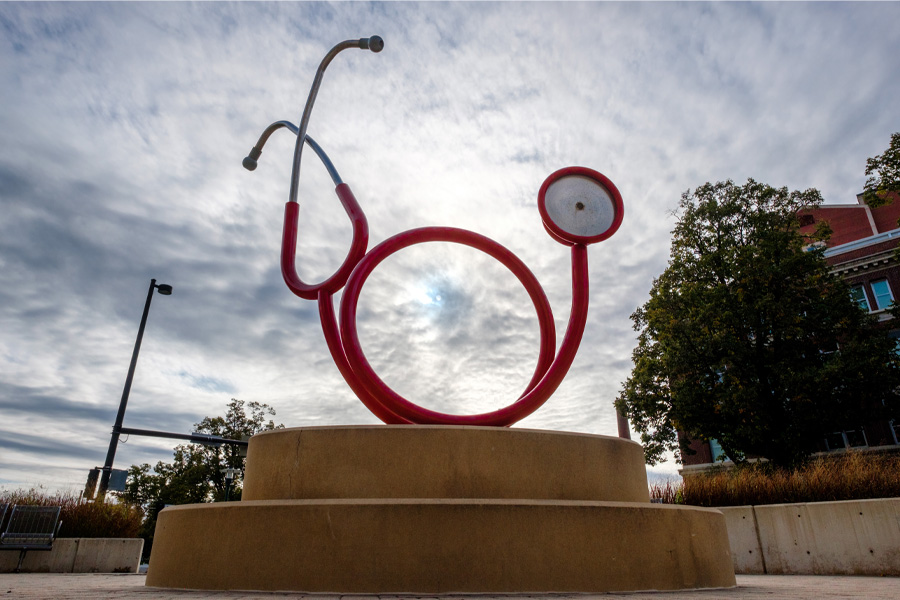About the Accessibility Services Center
The ASC provides services and accommodations for students who have a documented medical condition and/or disability in accordance with Section 504 of the Rehabilitation Act of 1973, Americans with Disabilities Act of 1990 and the ADA Amendment Act of 2008. Accommodations can be established within the classroom and clinical settings to ensure equal access.
Services Provided
The Accessibility Services Center (ASC) has the responsibility of providing appropriate assistance to students with disabilities and guidance to faculty in facilitating accommodations and determining what is a reasonable accommodation.
- Correspond or meet with the student to start the interactive process.
- Establish reasonable accommodations for students with disabilities to ensure equal access is provided in a manner that does not fundamentally alter essential elements of academic programs
- Periodic reviews and established check-in with students to ensure accommodations are meeting individual needs.
- Coordinate with faculty on the provision of accommodations.
- Provide consultation services to the faculty and student when adjustments to the accommodation plan may be required due to specific course/clinical requirements or when questions arise concerning what is a reasonable accommodation.
- Establishing next steps to apply for accommodations during board/licensure exams.
- Coaching on best practices in the employment setting.
- Review of program-specific standards or functions to ensure disability-inclusive language.
- Accessibility Center-related presentations and trainings.
- Participation during campus-wide events.
Eligibility
Students who have a documented medical condition or disability that substantially limits a major life activity, both temporary and permanent, may qualify for accessibility-based services from the Accessibility Services Center. Though not an exhaustive list, some examples of substantially limiting diagnoses could include those with physical, psychological, medical or learning conditions. Examples include: ADD/ADHD, Anxiety, Depression, mobility concerns, Type 1 diabetes.
It is the student's responsibility to disclose and request accommodations. While students can inquire about or request accommodations at any time throughout the academic year, it is important to complete the accommodation request process as soon as possible, ideally prior to the start of the semester and at any time where additional accommodations may be needed, as accommodations are not retroactive in nature. All accommodation services are provided on a case-by-case basis to ensure that the need of the student is being met appropriately.
The role of the Accessibility Services Center (as outlined in ADA Policy)
- Correspond or meet with the student to assist with completing the request for services form, discuss possible accommodations and formulate a reasonable accommodation plan.
- Review documentation of disability status and recommendations from appropriate health providers who have assessed the student.
- Consider disability accommodations provided at previous educational institutions.
- Write the student’s official accommodation plan.
- Coordinate with faculty on the provision of accommodations.
- Provide consultation services to the faculty and student when adjustments to the accommodation plan may be required due to specific course/clinical requirements or when questions arise concerning what is a reasonable accommodation.

Documentation Guidance
Read to learn more about the documentation and reasonable accommodation guidance.